Imagine going forward in time 20 years and meeting your older self. What would you talk about? What advice would you seek? What would your older self tell you? Well, according to studies, if you asked people over the age of 70 about their biggest regrets in life, a vast majority would say that they should have taken better care of their health, worked less and spent more time with family.
This is not surprising since health problems tend to build as we get older and by the time we are regretful, it is often too late to do something about it. Taking care of your health is not something that happens overnight. Chronic health conditions take some time to develop. But once you have them, they are very difficult to treat and can shorten your life. The fact is that many conditions we will suffer from in old age can be avoided if we just took some preventative measures when we are younger. Heart disease, dementia, diabetes can all be avoided if we just took proactive measures now.
But if we can slow down or even prevent the devastating chronic conditions ailing so many people around the world, then why is this not happening? Why are we spending so much money on treating these conditions?
One potential reason is that the reactive model of our current medical system is broken. Doctor’s are trained to take care of illnesses rather than teaching patients to avoid them altogether. The focus is on episodic care rather than preventative care. A doctor may tell you to lose weight or exercise more, but there is usually little to no accountability to ensure that you are meeting your health goals.
Another possible reason is that most people don’t think about their future selves in their day to day lives because they are too busy building wealth, fighting for that promotion, or dwelling over the stresses of everyday life.
In the United States, “lifestyle diseases” are very common. They occur because of increased intake of processed, sugary and fatty foods, a sedentary lifestyle and stress. Preventative care is difficult to implement because the necessary lifestyle changes can take years to show results, leading many to lose motivation. Although the cost to prevent an illness is far less than the cost to treat it, many insurance companies still hesitate at the idea of paying for prevention. Unfortunately, by the time symptoms appear it is often already too late to prevent many diseases which can become chronic over time. A chronic condition is defined as a disease that lasts more than 3 months. Some examples of chronic conditions include diabetes, high blood pressure, arthritis, asthma, congestive heart failure, etc.
A recent study showed that chronic conditions can actually shorten lifespan. In fact, it has been shown that each chronic condition can decrease lifespan by an average of 1.8 years. So if someone has 5 chronic conditions, they would live 9 years less than someone who had no chronic conditions. That’s a big deal. Think about that for a minute. No amount of money can buy you more time when your health is already severely damaged. If you are in poor health when you are 65 or 70, how much would you pay to live 9 years longer? By taking preventative action now, when you are younger, you can “buy” extra time for your older self.
This means that you should spend the time eating healthier and exercising. Reduce stress in your life. Create a meaningful social circle that helps you stay on track of your health goals.
Above all, you should be better informed about your health. Be your own health advocate rather than depending on your doctor to look out for your best interest. Studies have shown that informed patients have better health outcomes and higher satisfaction.
I co-founded Heale Medical because as a Radiologist, I have witnessed first hand the devastating complications resulting from these chronic conditions. It is heartbreaking to read the scans of patients with health complications that could have been avoided only if appropriate lifestyle modifications were undertaken. The goal of Heale Medical is to empower patients to understand their own health risks so that they can become informed consumers of their health and take necessary action sooner. If you can measure something, then you will track it. And if you track it, then you are far more likely to do something about it. Understanding your health risks will help you do just that.
Written by,
Amit Newatia, MD
Healemedical.com

